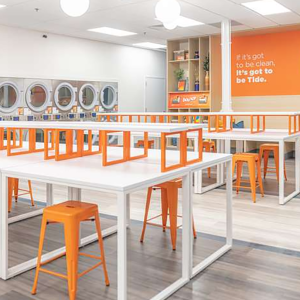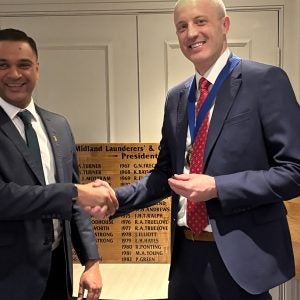ITALY
Klopman, the manufacturer of fabrics for workwear, has launched, in collaboration with the CRUI (Conference of Italian university rectors) and with the Department of Chemical Sciences and Materials Technologies of the CNR (Council National Research), the first edition of a degree award for the best thesis on "Environmental sustainability and/or circular economy in the textile sector" within the Engineering and Chemistry departments of the Italian universities.
A panel made up of company managers and members designated by CRUI and CNR will assign the award to the best project in terms of validity, feasibility and replicability.
Klopman will offer the winner a six-month paid internship, inclusive of room and board, with a value of around €15,000 and the opportunity to see their project realised.
Theses must have been produced during the period between January 1, 2018 and July 26, 2019, the deadline for entering the award, and the works must be sent to the email address https://hr@klopman.com.
The call is open to all Italian universities and addressed to all graduates and undergraduates of the specified courses who are interested in pursuing a career in the textile industry with a leading company in the sector.
The degree award is only the latest advance in Klopman's drive to enhance sustainability in all its forms. The initiative follows other social responsibility projects collected in the CSR document which the company presents each year to all its stakeholders. The company’s range of products includes fabrics made with organic or fairtrade cotton or with fibre derived from the pulp of trees or from recycled plastic bottles.
Klopman has also started work on a new cogeneration plant, which will allow the recovery and reuse of almost all the thermal energy produced in the combustion process.
“Klopman is extremely mindful of its impact on the environment, committed to innovation and sensitive to the needs of the younger generation, and the award is a very important initiative for us because it perfectly puts together these characteristics of our company,” said Alfonso Marra, CEO of Klopman. “The old model of linear economy based on consumption and waste is no longer sustainable from both an environmental and an economic point of view and the conversion to a circular economy model calls all companies, especially those in the textile sector, to a strong commitment in terms of innovation and planning. As a leader in its field, Klopman is setting out the path and we hope that our example will be followed by a growing number of actors."






